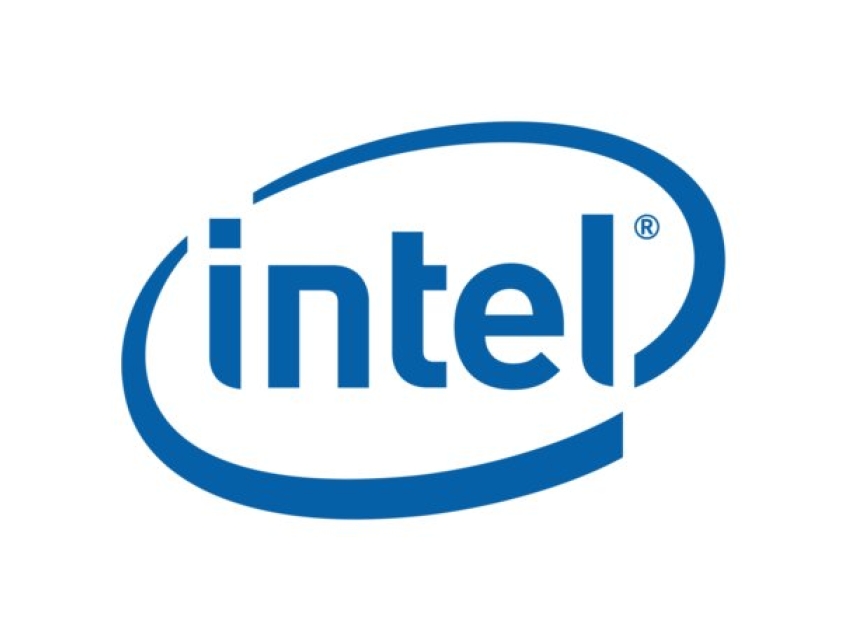
The Intel Skylake processor, particularly its high-end i7 processor, is one of the most powerful consumer processors available today. Now, as stated in a report from Trusted Reviews, Intel is already working on its successor, known as the Kaby Lake processor.
According to the report, the Kaby Lake is currently designed with the same LGA1151 socket that the current generation Skylake uses, which means motherboards designed for the Skylake processor can utilize the Kaby Lake when it comes out. However, this has yet to be confirmed by the manufacturers.
Despite Kaby Lake being a successor the report points out that the actual increase in performance will not be too noticeable, particularly for casual fans or those who do not necessarily need a super-fast computer for video games, video editing and the like. Several desktops and laptops will reportedly come with the Kaby Lake built into them, such as the next lineup of Macs.
This is because the processor's main goal is optimization and not to draw in big numbers. It ditches the old "tick-tock" approach of reducing processing size and then improving architecture. Instead, it splits the process into three phases: reduction in process size, improvement of archtecture and then implementation of optimization procedures.
Power-wise, the Kaby Lake is said to be capable of a 3.6 GHz base clock speed that can be ramped up to 4.2 GHz. This is notably slower than the current Skylake processor but it may also mean that the chip is more efficient in regards to clock-to-clock processing. Despite the lower numbers it may be more efificient than the current i7 chip.
It is further stated that this may mean the Kaby Lake's capabilities go beyond just the numbers and that it may have different underlying abilities that make it the most powerful of the 14nm chips until Intel moves on with the 10nm chips such as the Cannonlake processors in 2017.













